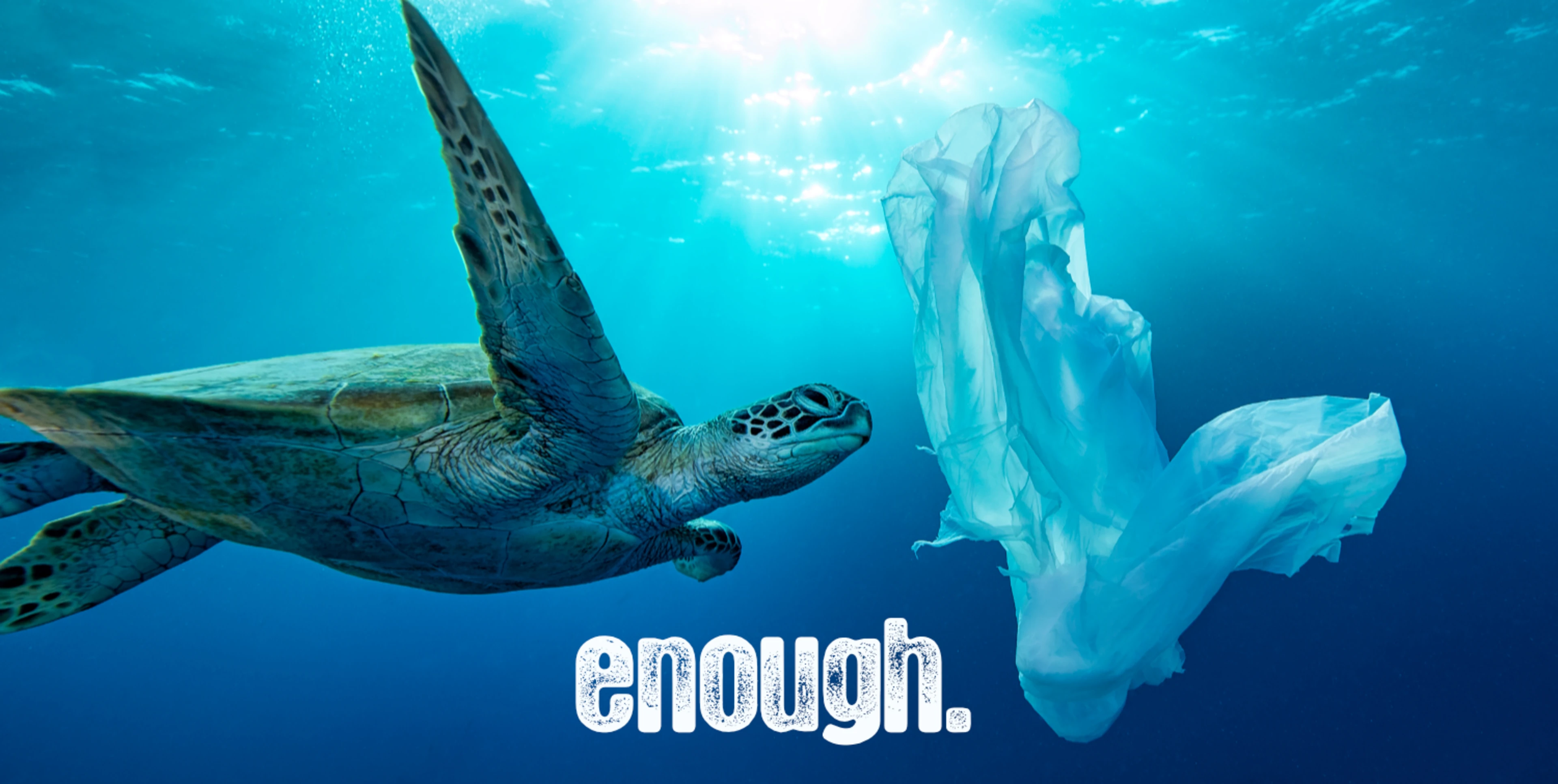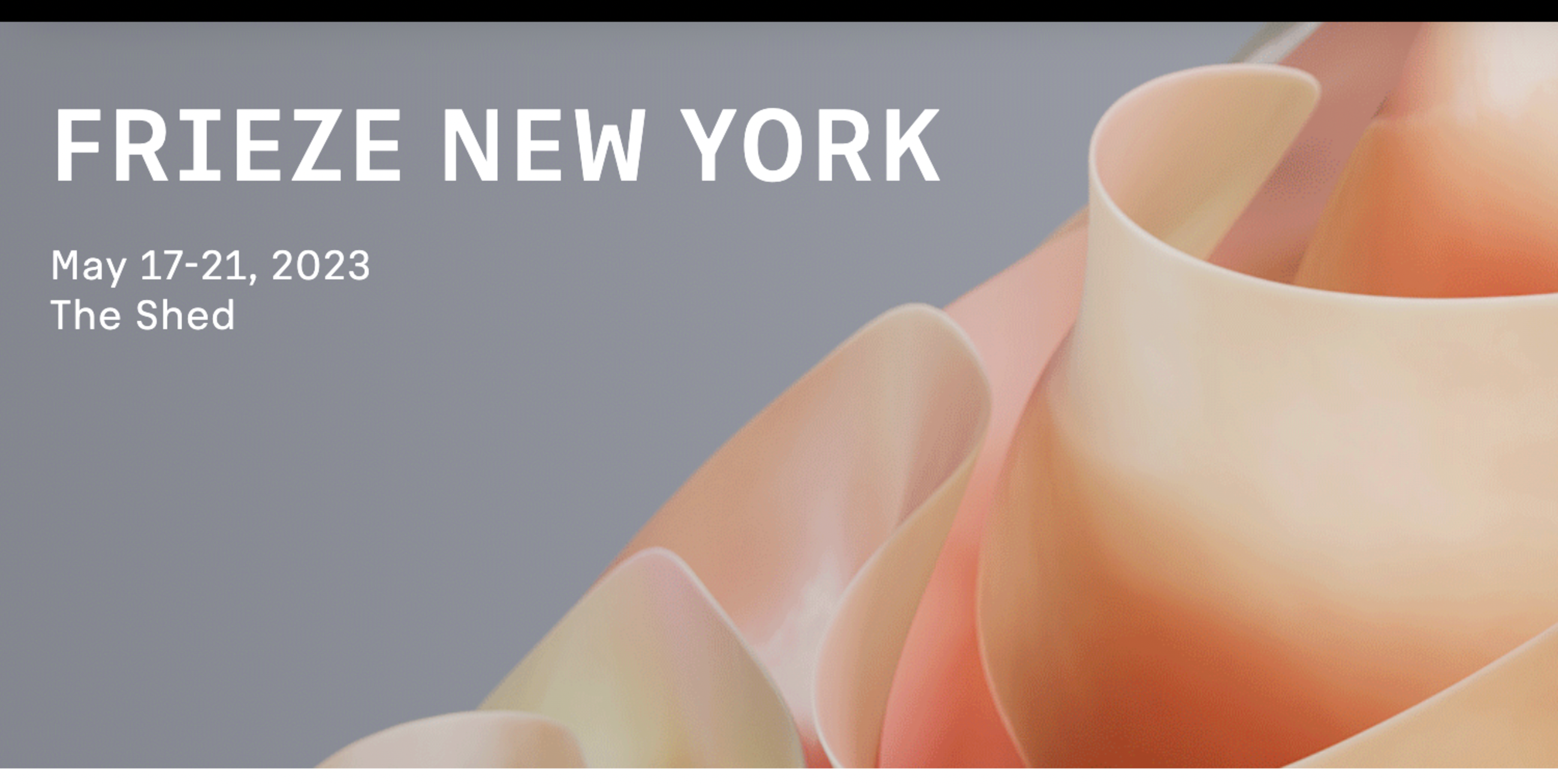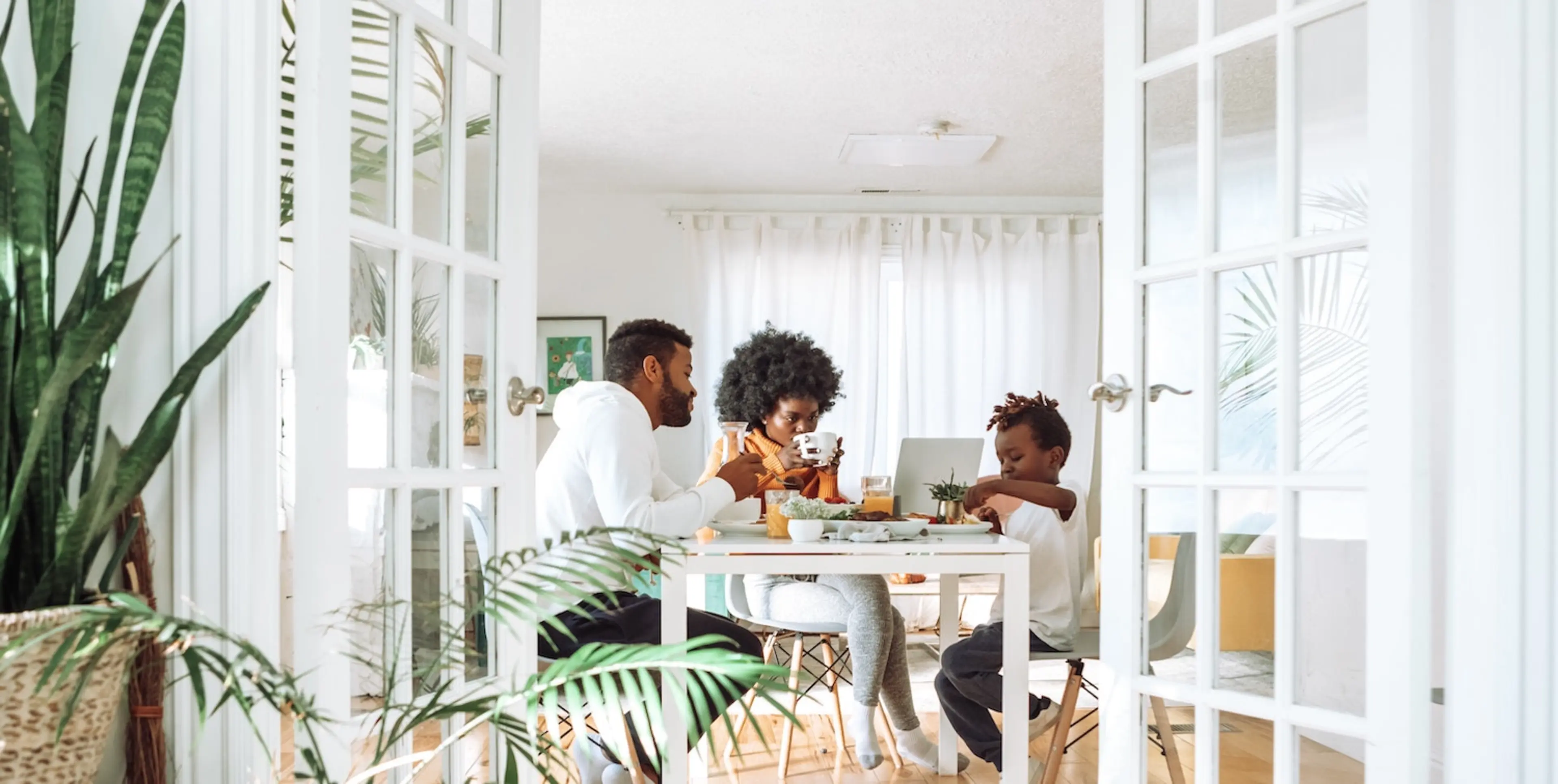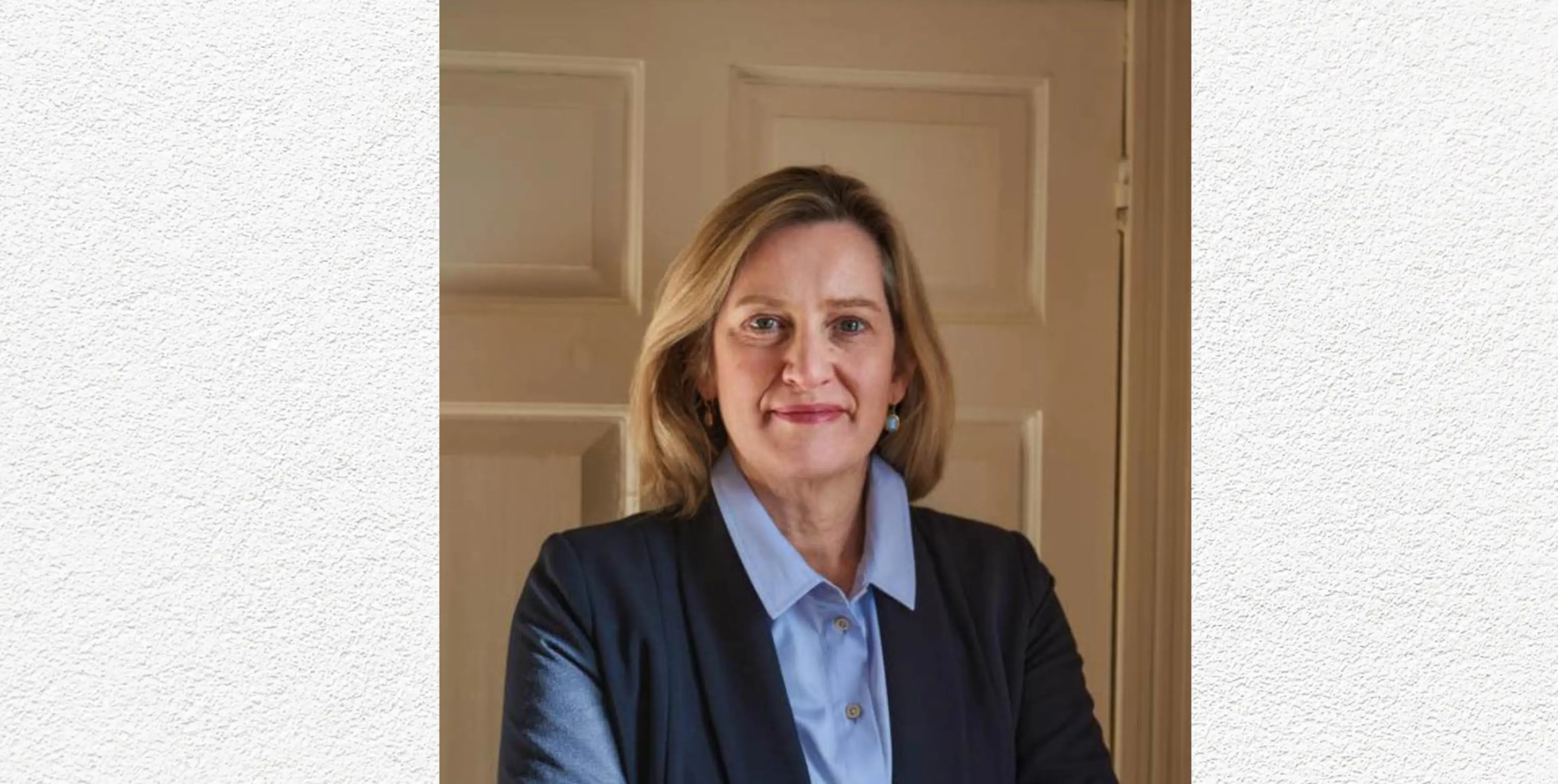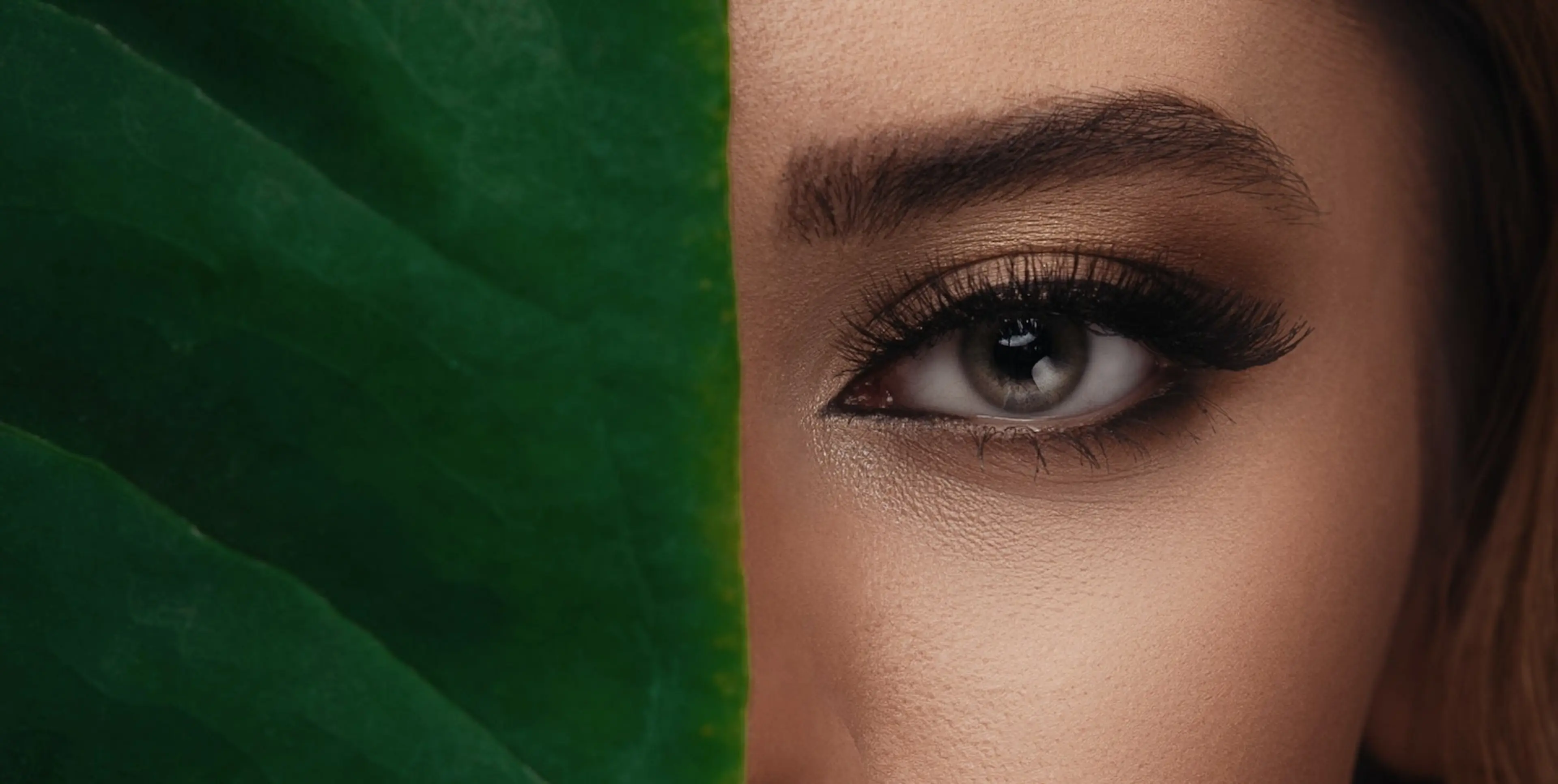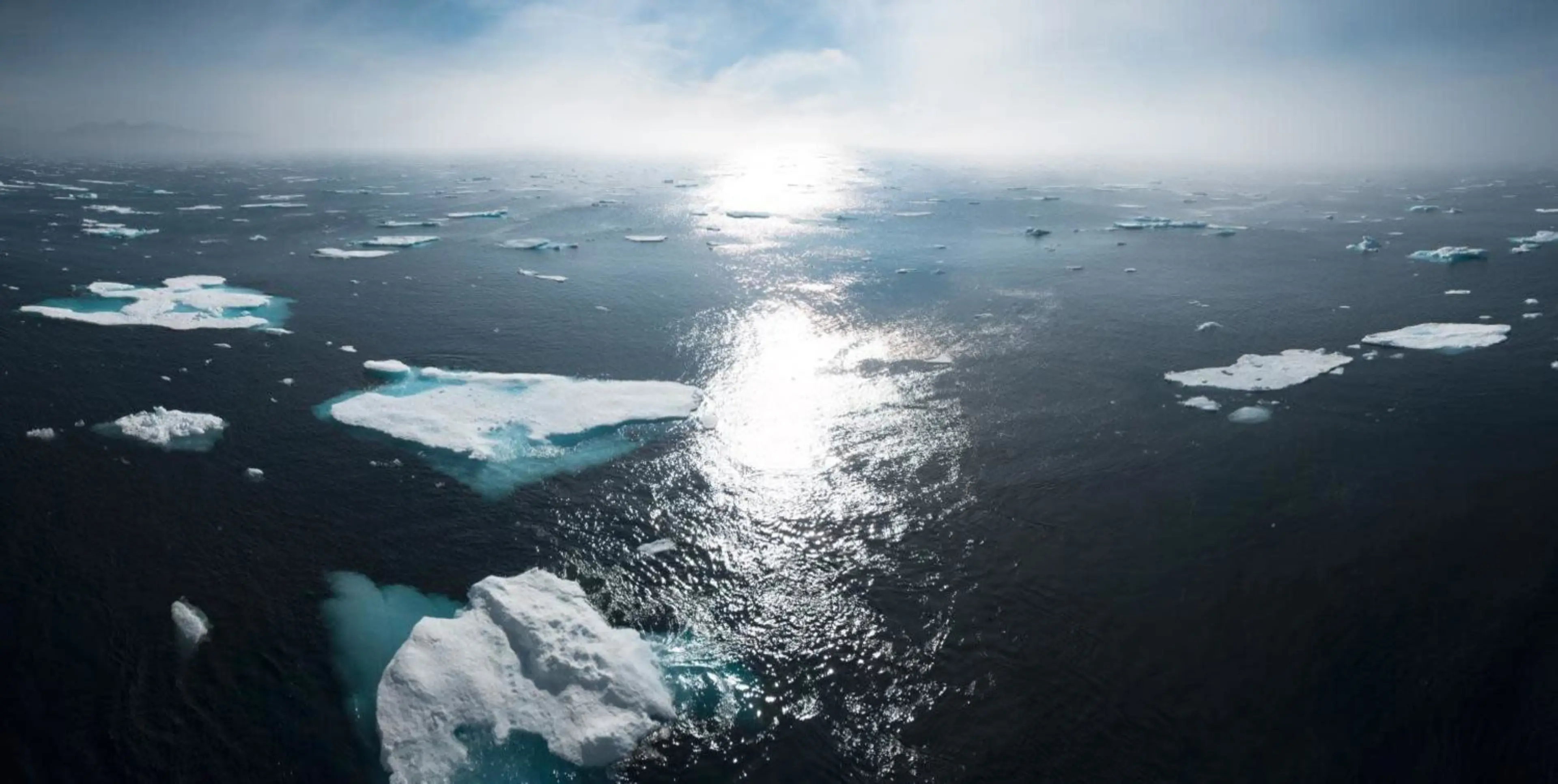This guest article was originally published by ape2o
Over the last fifty years, we have become a throwaway society. With technological advances, our lives have become busier, and in turn we have sought convenience as a solution to fast-paced consumerism. Whilst in some ways this has brought about lasting positive change, in other areas, we have created a problem that is now having far-reaching implications not only on the environment, but the wider world in which we live.
Take drinking water from plastic bottles for instance. In the UK alone, eight billion single use plastic bottles are purchased, discarded, and then eighty percent of these end up in landfill, or worse still, our oceans. Previously, we used to drink tap water and use fountains, but with purification, came a zest for improved products, more filtered options, and the need to stay and remain hydrated whilst out and about at all times.
It’s not a cheap habit either. Water on-the-go is expensive – costing up to £2 for 500ml, which is over twice the price of petrol. And yet, we persist, because alternative choices on-the-go are so limited, even though we know that plastic is contaminating our water, injuring, and maiming wildlife, and leaching chemicals back into our oceans. All these problems stem from the container that holds the water – the plastic bottles.
How did we get to where we are now? The water cycle is the most natural and enduring of earth’s circular systems and most of the h2o molecules on this planet have been here since before the time of the dinosaurs. In the UK, we have some of the world’s most stringent regulatory standards on drinking water, stricter even than the EU.
Clever marketing campaigns from bottled water manufacturers have made water-on-the-go enticing, refreshing and necessary. They effectively extol the virtues of pure water without any chemicals, differentiating what they sell from tap water.
Those who argue that water is abundant and free, and available from taps at railway stations and airports are not looking closely enough at the number of consumers who have bought into having fresh, non-contaminated, ‘pure’ drinking water as and when they want it.
There will always be options for free tap water and dispensers of this nature should always be welcomed and celebrated.
But those who fail to recognise the actual cost of the companies producing bottled water do so at their own risk. These companies have successful extolled hygiene, purity, and convenience as the solution to tap water – which has often been unfairly given a bad name.
In the current pandemic, as we have seen, cleanliness is everything. So, it’s no surprise that in the past, when the number of tap water fountains declined, due to a lack of maintenance and hygiene concerns, consumers were easily swayed into helping to create one of the biggest environmental problems of our age – albeit unwittingly.
With over four fifths (82%) of the UK population now concerned about plastic packaging waste, the tide is slowly but surely starting to turn. Now 22% of Britons regularly use a re-useable bottle whilst over a third (36%) remain concerned about the quality of water they drink*.
At home and in the office, all sorts of filtration methods exist to ‘polish’ tap water. There are filtration devices, water jugs, and machines that work through under sink plumbing. But it is the on-the-go options that are lacking. If you haven’t already purchased a refillable bottle and filled it up somewhere before you go out, your options can be limited.
Thankfully, access to free tap water filling points is once again on the increase and there are now apps to guide you to restaurants, bars and cafes that provide refills free of charge. Local authorities have also stepped in to provide free tap water drinking fountains.
But for some who have convinced themselves they don’t get the perceived benefits of purity, trust, and convenience from a public tap, they are still focused on how they can get their own bespoke water-on-the move.
There are a few options available, and we hope there will be more in years to come. At ape2o, our mission is to see single use plastic water bottles eradicated for good. It’s why as well as providing value-add ultra-filtered chilled and sparkling water fountains in high footfall locations, we also donate 10% of all our sales to marine and freshwater conservation and cleanups, helping people feel good about ditching the plastic and creating good new habits.
And if getting rid of historic plastic problem from ocean habitats, while creating much needed local jobs in developing countries, is something you are passionate about consider subscribing to Pinwheel’s Ocean Rescue plan with its plastic recovery & recycling projects.
In short, we believe in a plastic-free water bottle future. It’s reassuring that 52% of those who drink bottled water in the UK say they would use a reusable container instead. Knowing we aren’t the only ones who want to be the agents of change when it comes to helping the environment breathe that bit better from now on, is everything.
Anthony Newman, ape2o Founder
*Sources: Zenith Global 2019, WRAP research 2018, DEFRA research 2019 @ape2o / ape2o.com
